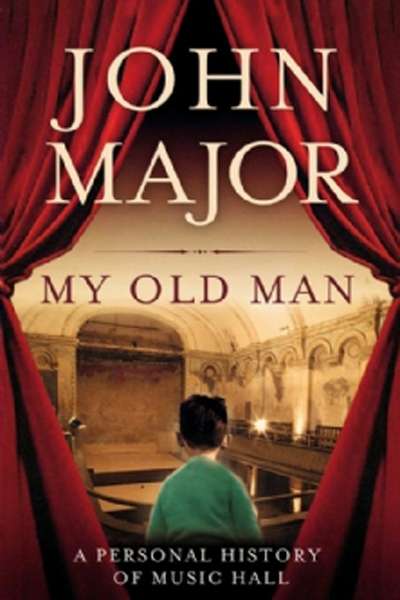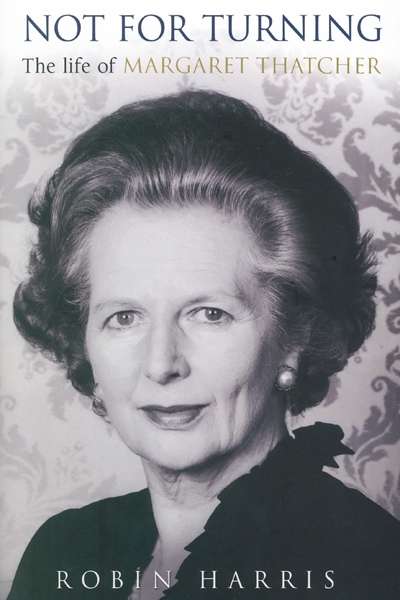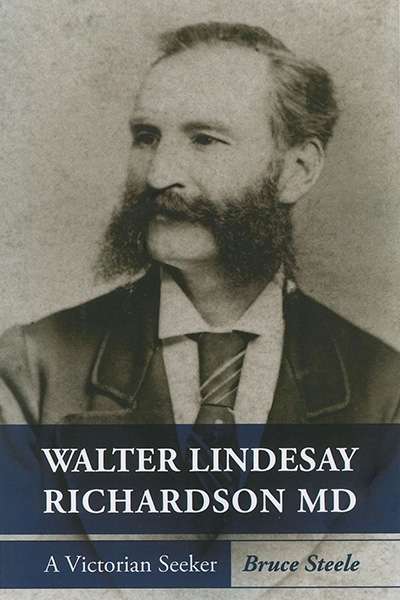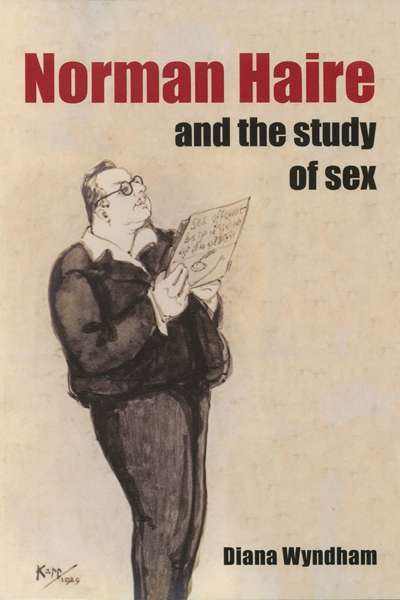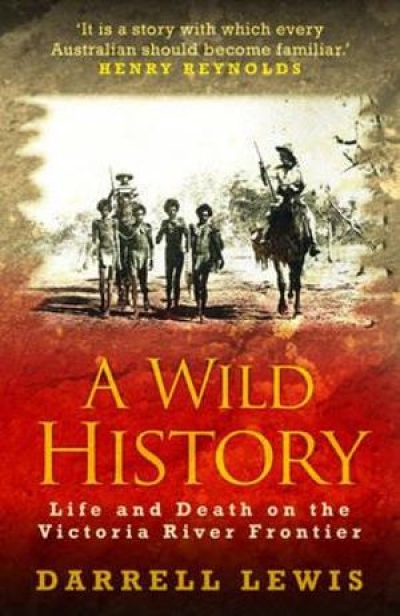Monash contributor
Not for Turning by Robin Harris & Margaret Thatcher by Charles Moore
The last twelve months have seen some notable film reworkings of classic literary texts, with Anna Karenina set in a theatre, a black Heathcliff in Wuthering Heights, and a gorgeous Much Ado About Nothing enacted in monochrome contemporary California. Now we have a compelling version of Henry James’s novel What Maisie Knew (1897), ...
There have been more than 900 Shakespearean film adaptations of one kind or other, for screens large and small, dating back to scenes from Macbeth in 1898. The Stratford playwright would have become rich beyond the dreams of avarice from film rights alone; equally, though, I think he would have acknowledged that film-makers have notched up a pretty hono ...
One should approach a new film with an open mind, but it’s very hard to do so when it has been preceded by the sort of hype that has accompanied The Great Gatsby. And it’s not just the hype but the other threats to the open mind which include the famous source novel (one that people know about even if they haven’t read it), the previous film versions, and the reputation of the new film’s director.
... (read more)What is it about Great Expectations (1861) that makes it seem indispensable? Can it be its hero, Pip’s, search for a liveable identity? The small, terrified, often bullied child gets a glimpse of ‘the quality’ albeit in desuetude, becomes dissatisfied with being a blacksmith, receives the eponymous expectations, and tries to become a gentleman before settling for a more modest role and coming to a truer sense of what matters about human beings. Is it also a question of marvelling at how lives can be manipulated? When the child Pip, out of terror rather than altruism, helps a runaway convict on the Kentish marshes, his life is upheaved by Magwitch’s gratitude. The child Estella, whose origin is unknown until late in the book, is raised by the embittered, jilted Miss Havisham to wreak revenge on the male sex. Structurally and thematically, this may be Dickens’s most potent work, with everything seeming to bear on these central concerns.
... (read more)Walter Lindesay Richardson MD: A Victorian Seeker by Bruce Steele
Those Brontës. If they’d only had a decent agent with foresight, they could have escaped that dank parsonage on the gloomy moors of windswept Yorkshire and set up on the French Riviera in comfort. Since 1910 there have been at least forty film or television versions of Jane Eyre, most recently in 2011. Now it is Emily’s turn for the latest (seventeenth) go at Wuthering Heights (1847), that extraordinary work sui generis that so memorably sites wild Gothic strangeness in a solidly realised world of landscapes both benign and forbidding.
... (read more)
